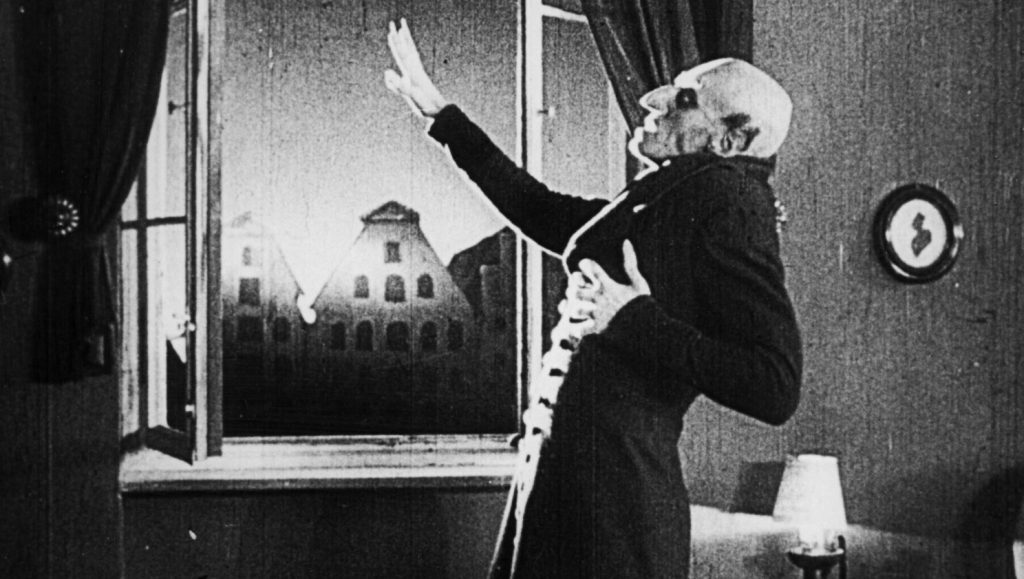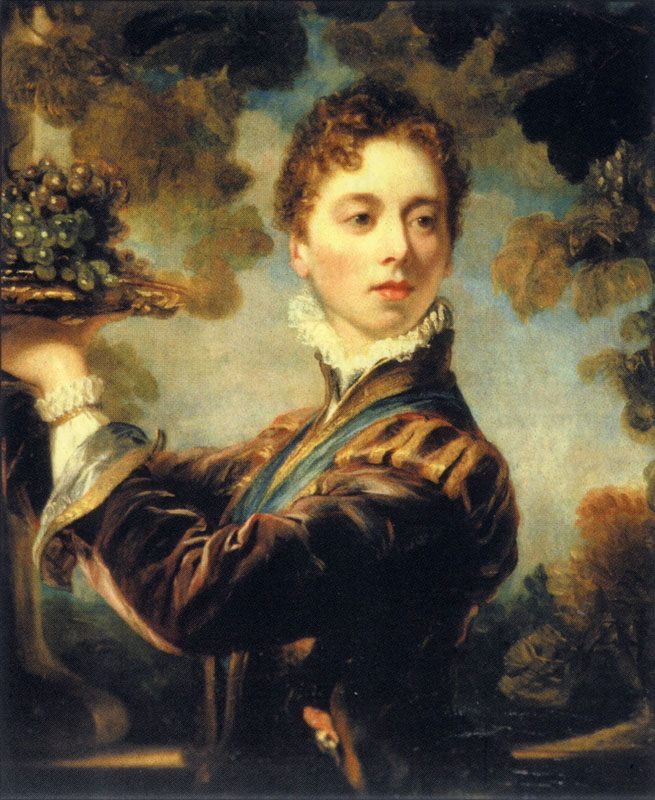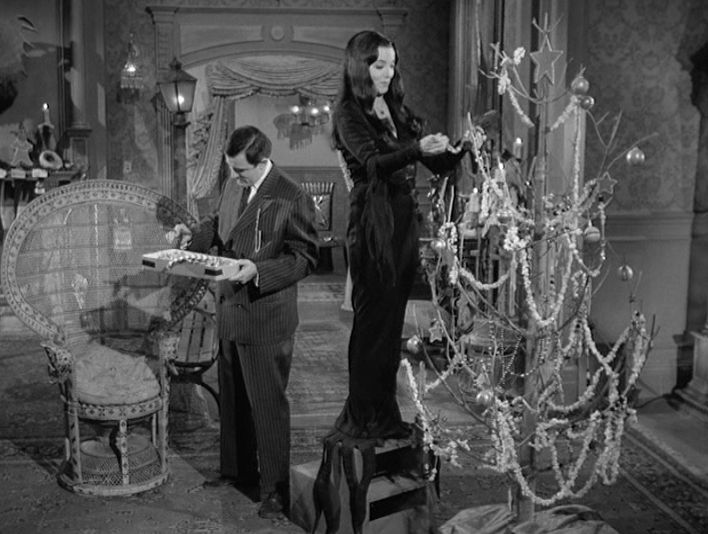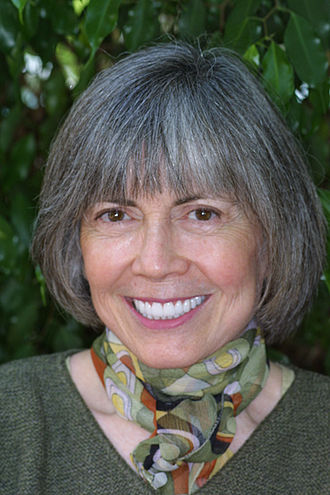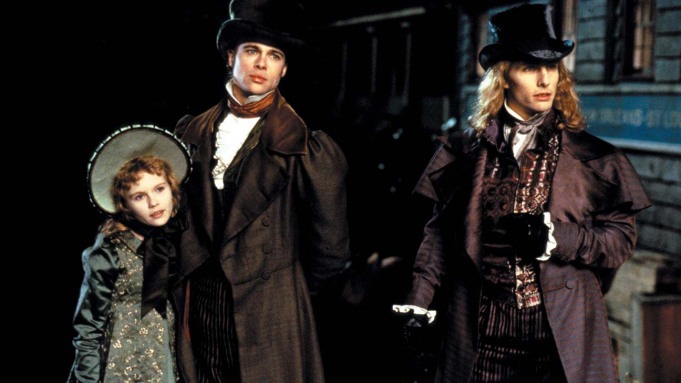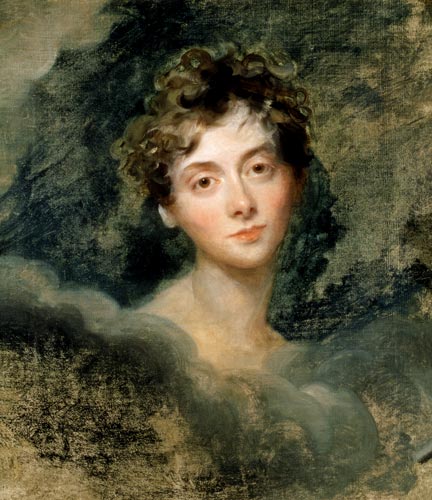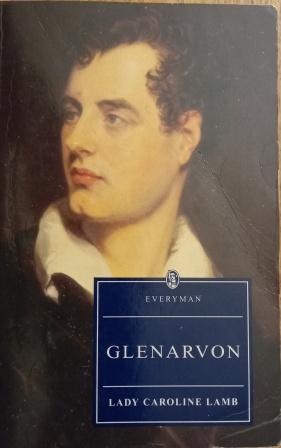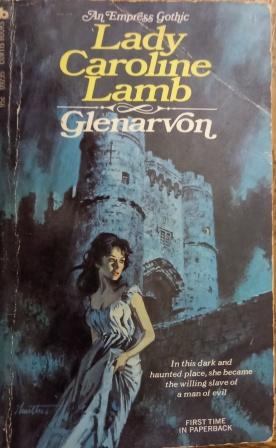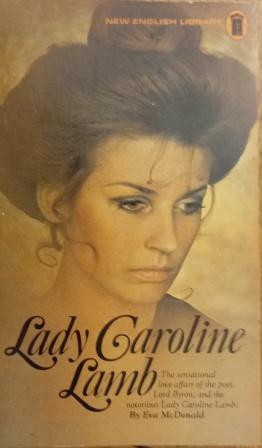Some exciting CFPs for forthcoming conferences. The one we have all been waiting for, the International Gothic Association 2022 conference in Dublin is out at last!
** Note that the deadline for the Angela Carter symposium is very soon–30 November.
1. Gothic Interruptions, 16th International Gothic Association Conference, Trinity College Dublin, Ireland, 26-29 July 2022. Deadline: 31 January 2022
While it would be easy to become mired in the plethora of challenging and destabilising events around us, IGA 2022 adopts the conference theme ‘Gothic Interruptions’ in order to encourage an interrogation of the ways in which Gothic and horror frame can frame such contemporary (and historical) events as moments that are also loaded with possibility. How do these Gothic circumstances, terrifying as they may be, lead to change, looking toward new futures? How might they link to the ludic or cathartic potential of the Gothic as a mode which is itself forever evolving?
2. New Romanticisms, British Association of Romantic Studies / North American Society for the Study of Romanticism conference, Edge Hill University, 2-5 August 2022. Deadline: 13 December 2021
‘New Romanticisms’ invites explorations of both the concept of newness in and about the Romantic period and new approaches to Romantic Studies today. The title for the conference also plays on the term ‘New Romantics’, referring to post-punk bands of the late 1970s and 1980s influenced by Romantic-period aesthetics, especially ‘dandy’ fashions (roughly equivalent to ‘new wave’ artists in America). The conference organisers are therefore particularly interested in responses to the call for papers which think about Romantic legacies and receptions in music, theatre, pop culture, and beyond. We would also welcome areas of research distinct from literary and cultural studies, which might include, but is not limited to: art history, material culture, cultural heritage, public engagement, and knowledge exchange.
3. Dracula and Beyond: Vampiric Anniversaries, online conference, 29-30 October 2022. Deadline: 30 June 2022
Bram Stoker’s Dracula (1897) is one of the most famous novels written in English. The interest it arises in scholars, artists and the general public alike is rarely equalled by other narratives. The numerous approaches given to the analysis of Stoker’s best text range from the historical figures of Vlad the Impaler and Elizabeth Báthory to the Victorian Gothic among others. This online conference celebrates the anniversaries of Bram Stoker’s ground-breaking Dracula and its film adaptations Nosferatu: A Symphony of Horror (1922) and Bram Stoker’s Dracula (1992).
4. Byron: Poet and Reade, 47th International Byron Conference, The A.M. Gorky Institute of World Literature of the Russian Academy of Sciences & The Maxim Gorky Institute of Literature and Creative Writing, Moscow, Russia, 26 June-3 July 2022. Deadline: 14 February 2022
The theme of this conference is “Poet & Reader”, where Byron himself might be perceived as an acute and genuine reader of texts composed in different modes and languages. There are also readers of Byron, who were inspired by the poet’s brisk and alluring verse style and his commitment to liberty and freedom. Famous writers, revolutionaries, philosophers, historians, artists, composers, travelers, and inventors belong to the international community known as Byron’s readership. Some of them claimed that they had learned English in order to read Byron in the original. Special attention will be given to the Russian reception of Byron and his works.
5. Angela Carter: A Radical Prescience?, symposium, The Centre for Fairy Tales, Fantasy and Speculative Fiction at the University of Chichester, 5 March 2022. Deadline: 30 November 2021
The symposium will mark the thirtieth anniversary of the death of Angela Carter, whose reputation as a leading British writer of fantastical literature remains undiminished three decades after her untimely passing. Its theme also reflects the new decolonial and multi-genre direction of the Centre. In face-to-face and online events, we will highlight, celebrate and interrogate Angela Carter’s legacy, wrestle with her angels and demons, and pickpocket im/pertinent answers to a wealth of questions.
6. Fantasy and escape in romance and romantic media, PCA Romance area, Virtual PCA National Conference (on line), 13-16 April 2022. Deadline: 5 December 2021. Accepts undergraduate submissions.
Felski highlights a core pleasure of the romance genre: an escape from the everyday, to a place where something that is often considered fantastical – true love – is possible. However, “escapism” is also the criticism most frequently levied against romance narratives, with realism held up as the ideal. Because romances engage with this fantasy and provide this escape, they are idealistic, not realistic – and thus, for some commentators, imagined as socially irresponsible or even deleterious to their audiences (audiences usually assumed to be predominantly female).

